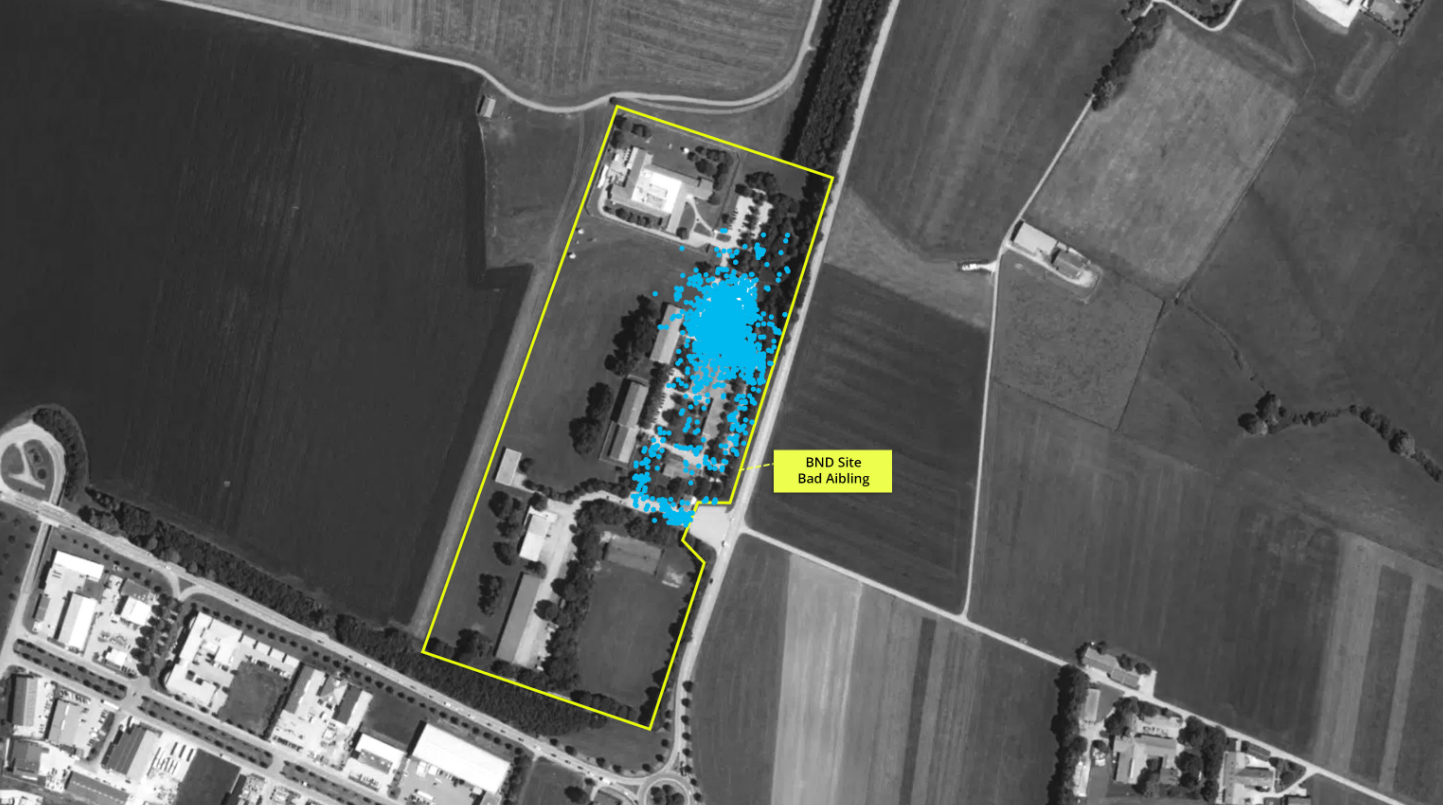
“L’été dernier, Bayerischer Rundfunk (BR, le service public audiovisuel de la Bavière) et le média indépendant netzpolitik.org, défenseur des libertés numériques, ont ainsi révélé, dans toute une série d’articles, qu’il était possible de géolocaliser des personnes à l’intérieur de bâtiments de l’armée et des services de renseignement allemands.Après un bref appel téléphonique, Sebastian Meineck, de netzpolitik.org, avait en effet réussi à obtenir, de la part d’un courtier de données états-unien, un fichier comportant 3,6 milliards de points de localisations collectés sur une période d’environ huit semaines fin 2023.Le fichier lui avait été fourni gratuitement à titre d’échantillon via Datarade, une place de marché en ligne basée à Berlin de mise en relation avec plus de 500 databrokers internationaux, commercialisant près de 600 catégories de données. Un abonnement comprenant des données de localisation mises à jour toutes les heures pour des personnes résidant dans plus de 150 pays lui aurait coûté 14 000 dollars par mois.”
Source : ADINT : les marchands de pub vendent aussi les données GPS de militaires et d’espions – Next









